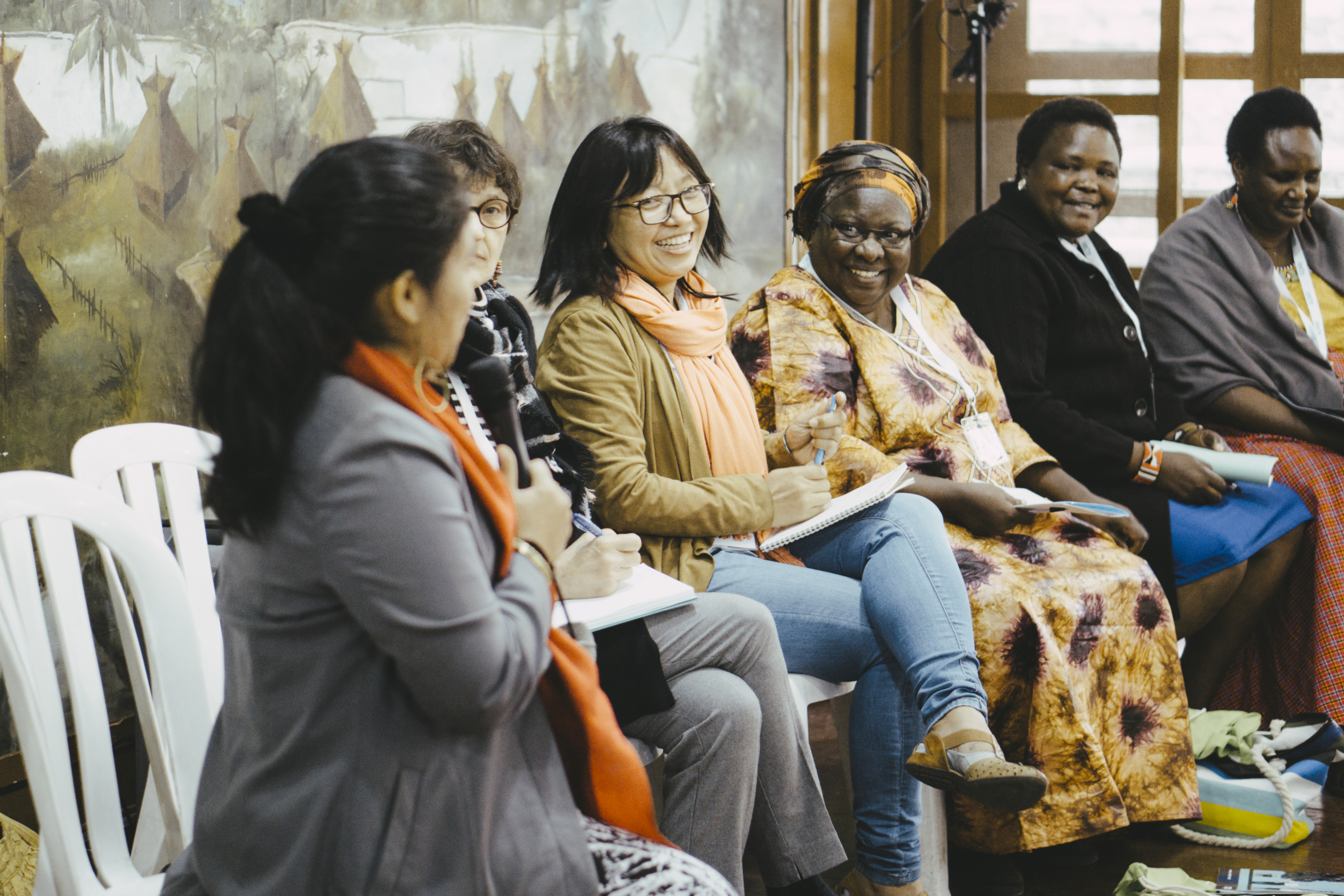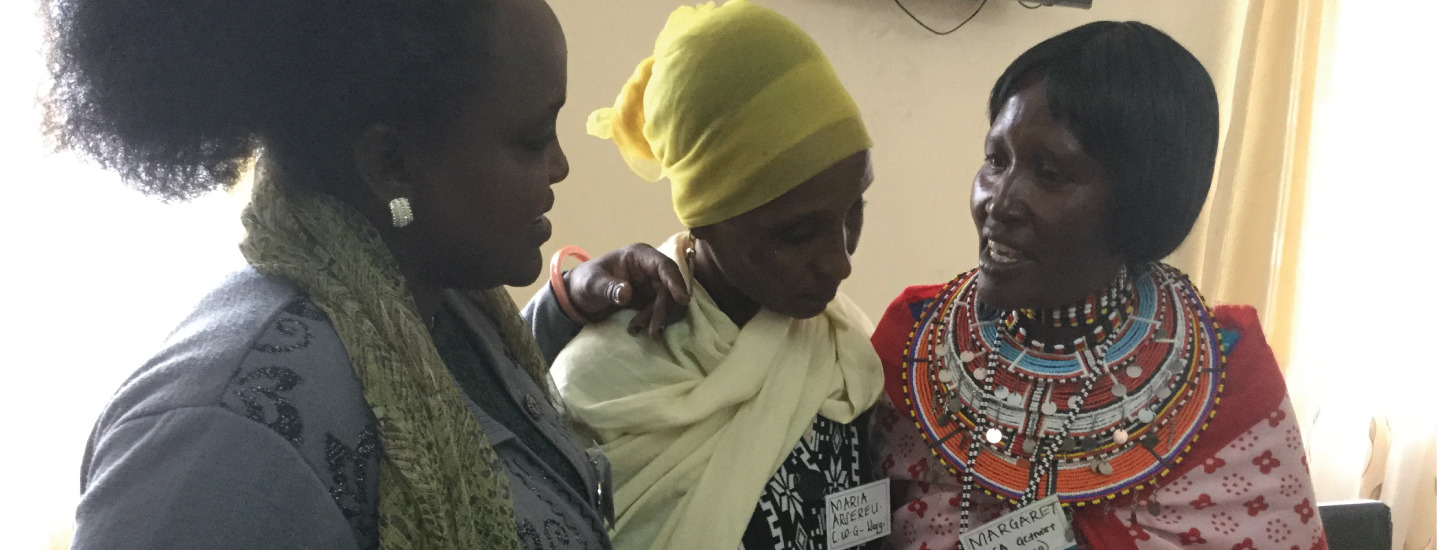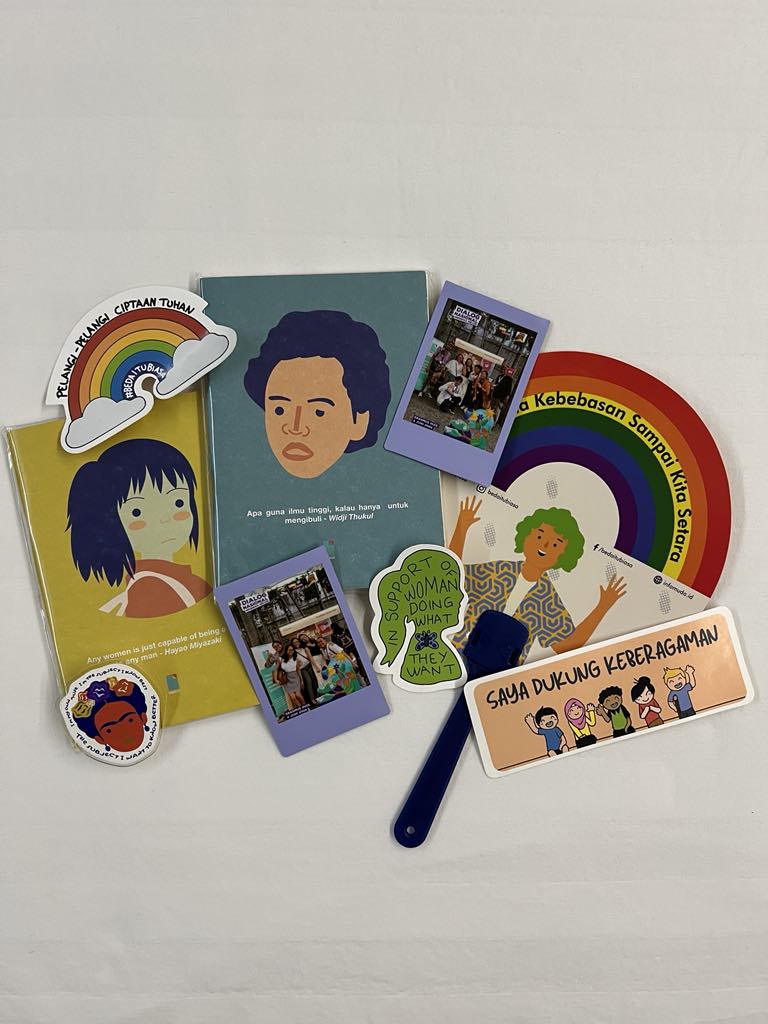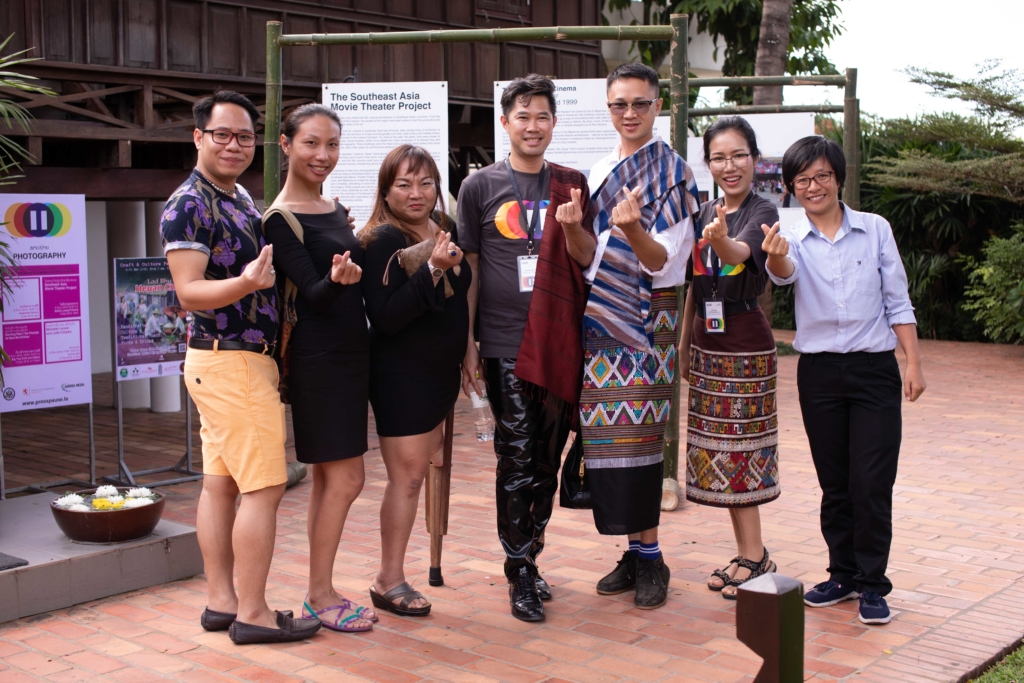Statement of Network of Indigenous Women in Asia and Asia Indigenous Peoples Pact
This is a Joint Statement of Network of Indigenous Women’s in Asia (NIWA) and Asia Indigenous Peoples Pact (AIPP), made on 22 June 2020. AIPP is a multi-country Influencing grantee of Voice and NIWA is one of their members.
COVID-19 Pandemic Multiplies Burden and Vulnerabilities of Indigenous Women in Asia
The COVID-19 pandemic has threatened humanity and well-being globally. The severity of its impact on Indigenous Peoples, especially indigenous women and girls, indigenous persons with disabilities and the elderly are disproportionate and grave in Asia. They are facing aggravated health risks, food insecurity, loss of employment and livelihood, increased violence (against indigenous women) and threats to their lives due to military campaign and intensive attack on their lands and territories.
Insufficient humanitarian responses, limited access to information, basic services and safety nets, insecure and poor health infrastructures, racial and gender-based discrimination, limited participation in decision-making are putting their human rights in peril during this pandemic. The expansion of militarisation in different Asian countries is fueling threats to Indigenous Peoples, particularly indigenous women who have additional responsibilities to cope with the pandemic.
Women are always in the frontlines to nurture their families, their communities and humankind (physically and mentally). During this health crisis, several Indigenous women have taken the lead in setting exemplary response and measures in protecting their communities and meeting their food demands.
Unfortunately, the pandemic is being used as a cover to violate the rights of IPs to their lands, territories, and resources by Asian governments like India, Bangladesh, Cambodia, Indonesia, the Philippines and Myanmar, etc. For example, the Department of Agriculture (DA) and National Commission on Indigenous Peoples (NCIP), has created a joint proposal to undertake the ‘Plant, Plant, Plant program’ designed to grab ancestral lands during this crisis in the Philippines.
Further, the pandemic has been used as a state mechanism to counter and suppress Indigenous movements in some countries. Military campaign and mobilization of state forces have resulted in serious consequences like displacement of thousands from their homes, red-tagging, vilification, harassment, intimidation, threats, false accusations, arrests, and imprisonment.
Indigenous women have been seriously impacted as well by the above actions of the state. AIPP, NIWA and their members received reports of harassment, rape, attempted rape, imprisonment and killings of Indigenous Women human rights defenders. For example, in the Philippines, 3 Indigenous Women human rights defenders have been imprisoned, and one in Thailand was harassed by security forces during this difficult time.
However, it is not only the state’s actions that have impacted on indigenous women. The safety and security of Indigenous women and girls (including women with disability) during the lock-down came under threat with an increase in gender-based violence such as domestic violence, harassment and rape (within families and communities) even in public quarantine centres. In Bangladesh, 11 Indigenous Women faced gender-based violence including one loss of life ( From the data collected through media monitoring by AIPP within Mar-May 2020)
The voices of indigenous women have been disproportionately suppressed and dispersed because of lock-downs and restrictions disallowing mass gathering and movement restrictions. Cases often go unreported due to social pressure and lack of awareness on complaints lodging procedures and lack of access to the justice system. At the same time, mainstream media’s focus and coverage on Indigenous women, including those with disabilities, issues remain limited. Therefore, the attention towards the issue of Indigenous women and girls are seriously neglected during the pandemic. Globally, the debate on ‘accelerated actions for sustainable development’ is ongoing, but Indigenous women’s existence and their effort for realizing sustainable development has been seriously impacted by the repressive actions taken by governments using COVID-19 as a cover. We call on all states and non-state actors for collaborative actions to safeguard the human rights of Indigenous Peoples and Indigenous women to:
• Revoke all the retrogressive policies and plans devised before or during COVID-19 pandemic that directly and indirectly violates the rights of indigenous women and indigenous persons with disabilities adhering to the United Nation Declaration on the Rights of Indigenous Peoples (UNDRIP) and Commission on the Elimination and Discrimination Against Women (CEDAW).
• Stop militarization in Indigenous Peoples’ lands and territories to maintain peace, security, and safety.
• Immediately stop using the pandemic as a means towards pursuing political and economic centric interests that displaces Indigenous Peoples from their lands and territories.
• Stop red-tagging and criminalising Indigenous Peoples, and immediately release all Indigenous Peoples Human Rights Defenders.
• Devise a fast track justice system for survivors of violence and injustices before and during the pandemic and hold perpetrators accountable.
• Provide immediate and long-term assistance to address health-related issues and respond to other necessities by ensuring that special needs and circumstances of Indigenous women and persons with disabilities are addressed effectively during COVID-19 and its aftermath.
• Ensure ‘New Normal’ protocols are culturally sensitive and include Indigenous Knowledge system and customary institutions to address the specific needs of Indigenous women, especially persons with disability and the elderly.
• Ensure the full and effective participation and representation of Indigenous Peoples, including Indigenous women and persons with disability in decision-making processes that affect them.
You can also download the statement here.








